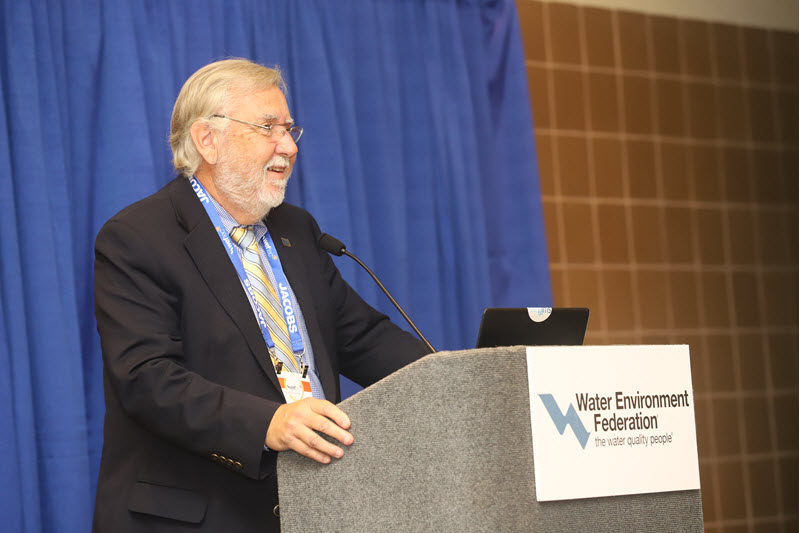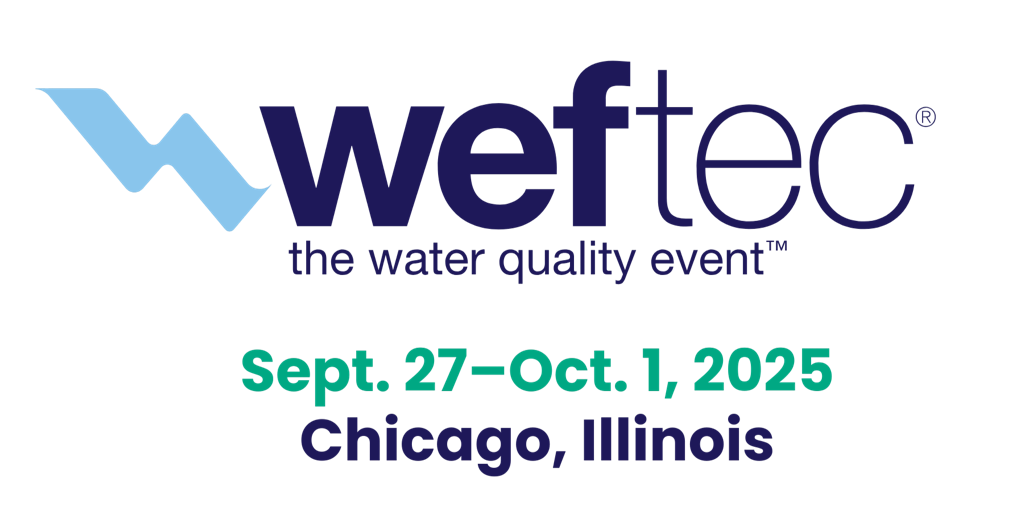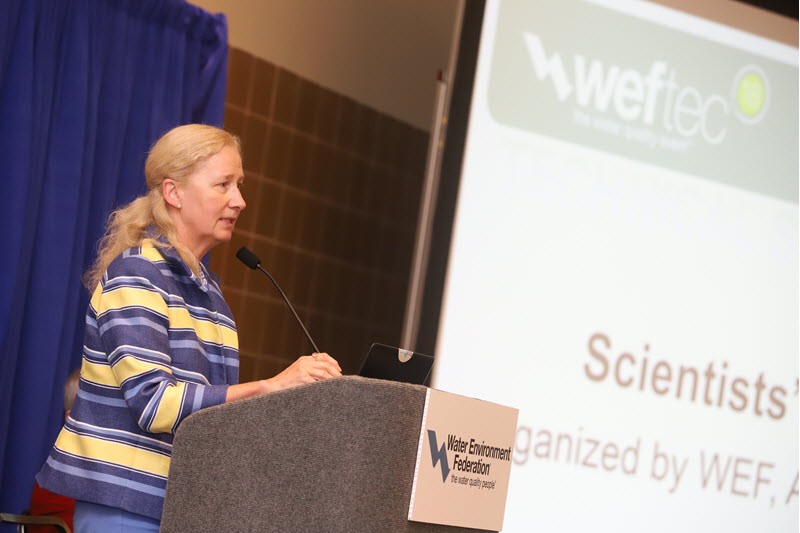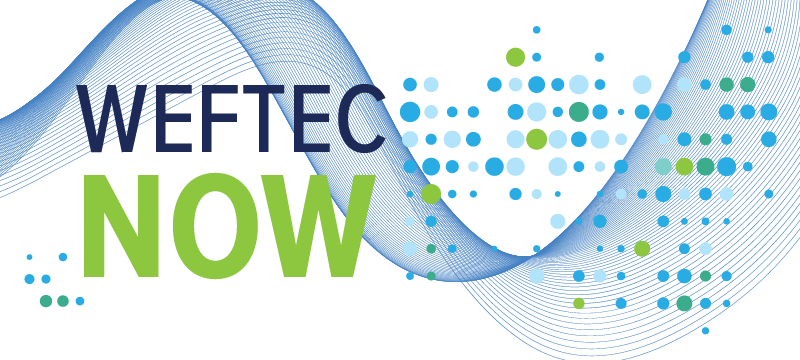Facing a future fraught with challenges
Umble asked the panel what the greatest challenges facing engineers and scientists are.
Mitsch explained that the increasing number and scale of pollution events poses the largest problem. He told the audience that we need to work toward “solving the mega-scale pollution issues that we now have on a gigantic landscape scale in this country and around the world.”
Protecting and enhancing wetlands could be the key to solve this problem, Mitsch said. “Let’s solve two problems at once; let’s save wetlands, lets enhance them.”
Rigos continued the discussion by emphasizing the importance of finding the right solution that is “acceptable to everyone and affordable” for each specific location. “The most important thing that I think you have to realize as a scientist and engineer is that technology alone is not going to solve the problems of the world.”
For example, she said, the government of India has installed toilets in villages, but residents refuse to use them because of the smell and unfamiliarity with the systems.
Van Loosdrecht described the importance of “proving clean water and reliable infrastructure” worldwide. Often the problem is not coming up the technology, but “financing of the technology,” he said. “We have to rely on government systems, which are not strong enough to give [facilities] a secure income.” He petitions for making wastewater treatment systems self-sufficient and independent of the electrical network.
Van Loosdrecht also expressed a desire to have researchers stop focusing on implementing solutions. “Science is not there to improve things in practice, science is there to generate new knowledge,” he said.
Assisting the next generation
Umble also asked what established professionals should do to help the next generation of researchers address the problems of the future.
Mitsch explained the importance of introducing ecological concepts to students. “I think we have to redo how we train engineers and scientists,” he said. “We have to introduce ecological concepts … to our engineering students.”
He also described how thinking visionary but working on bench scale solutions does not address larger pollution problems such as algae blooms and red tides. Working on a large-scale by introducing 40,500 ha (100,000 ac) or more of wetlands to areas experiencing nutrient pollution problems such as Louisiana, Florida, and Ohio could provide a solution to these challenges.
“We should train our students in real basic sciences,” van Loosdrecht said. He explained how important it is to mentor and guide students in basic research practices as well as the importance of building a better understanding social science. Developing a better understanding of how to communicate to others and develop public acceptance to fund wastewater infrastructure is important. “Water is a regional activity,” he said. Researchers need to work on solutions that work for a specific location and then communicate that to the public to gain support.
Rigos discussed the importance of diversity and how work on increasing diversity in academia has stalled. “Culture is a difficult thing to change and we all need to participate in that effort,” she said. She suggested that all levels and types of researchers should spend more time together to break down barriers while increasing understanding and acceptance across race and gender.
Mentoring and providing leadership training also are important, she said. “If we do that across the board, we’ll have great results,” Rigos said. “But it’s going to take time.” This work will help increase diversity and prepare the next generation to solve the world’s problems.
— Jennifer Fulcher, WE&T
•••
WEF member? See full WEFTEC 2018 coverage in the December issue of WE&T magazine





